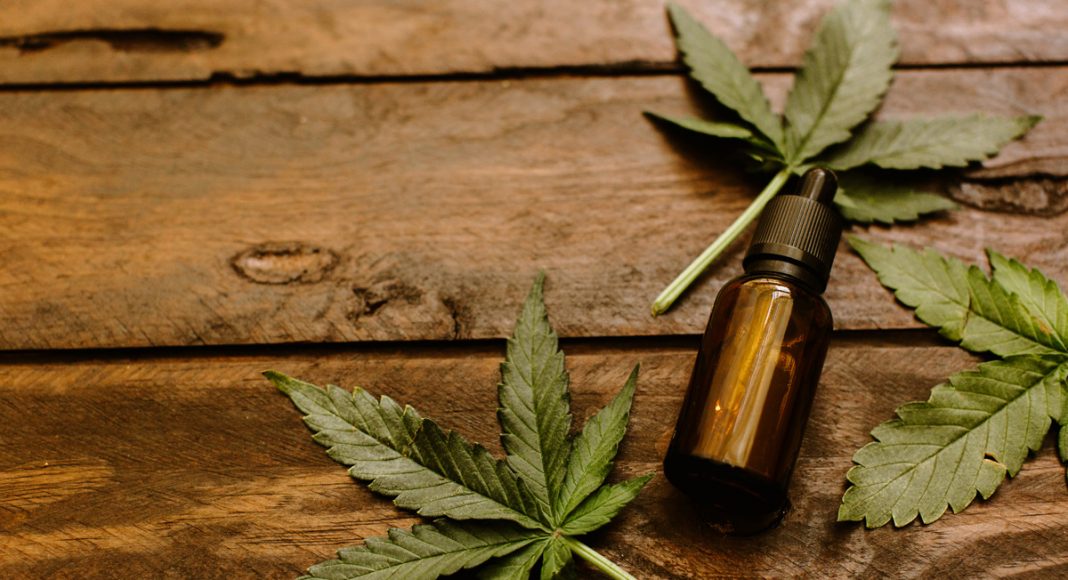If you research what neuroscientists say about the medical power of cannabis and cannabinoid therapy, you’re sure to stumble across Dr. Michelle Ross. She served as a drug researcher for the National Institute on Drug Abuse, but transformed into a medical marijuana advocate after her frustration mounted from the giant gap in education when it came to the endocannabinoid system. But does Vitamin Weed slow the again process?
Dr. Ross also advocates for “vitamin weed,” or daily cannabis usage, which she believes everyone can benefit from. As she explained on an episode of the Reset with Amber Lynn podcast, the way we discuss cannabis as a potential medicine may need expansion.
Related Story: This Study Demonstrates The Amazing Promise For CBD
“Cannabis is the key to unlocking preventative medicine,” says Dr. Ross. “It helps protect your DNA from damage so it can actually slow down the aging process. I think everyone should use cannabis oil, you should learn about it, you shouldn’t be afraid.”
Dr. Ross herself is a cannabis patient. After being diagnosed with fibromyalgia, neuropathy, and chronic pelvic pain, she found cannabis as the only solution that reduced her symptoms and allowed her to resume her work. Now she uses Rick Simpson Oil daily to achieve what she describes as “endocannabinoid homeostasis.” She’s also witnessing how cannabis affects the aging process firsthand.
“Even myself—I had wrinkles before and they’ve gone away. My skin looks better, everything looks better since I’ve started using cannabis on a daily basis,” she admitted.
Related Story: FDA Approves Cannabis-Based Drug For The First Time Ever
The whole podcast is worth checking out, as is the rest of Dr. Ross’ work. As medical cannabis and its legalization becomes a key political issue this election season, it’s important to remember medicine isn’t just for “sick” people.
“We have a medication here that can make people happier, make people more connected, just enhance people’s lives,” Dr. Ross said. “And everyone can benefit from that. You don’t need to have epilepsy to benefit from the power of cannabinoid therapy.”


